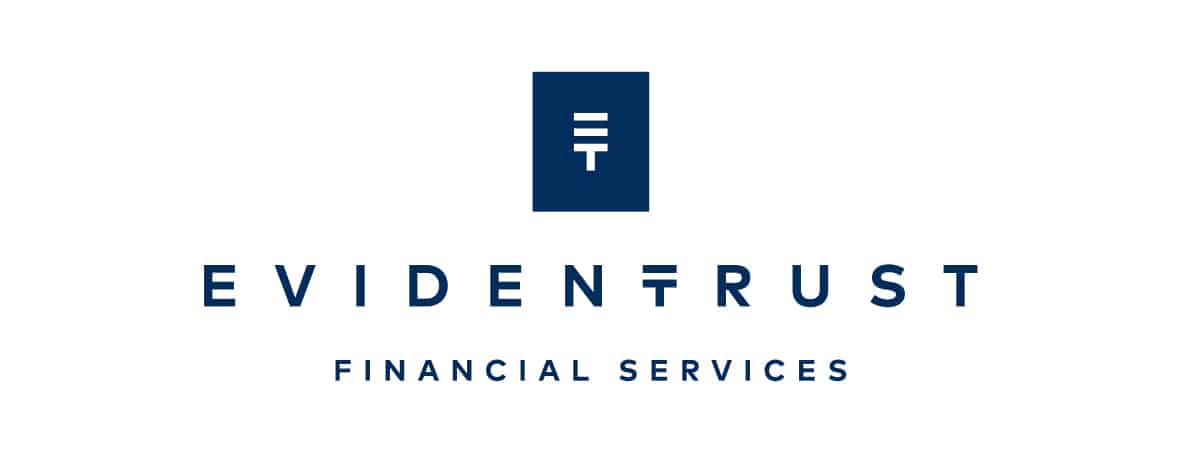In today’s complex business environment, effective corporate governance is paramount. At the heart of this framework lies the importance of internal audits. These audits not only ensure compliance but also drive transparency, accountability, and proactive risk management. This article delves into how internal audits contribute to robust corporate governance by enhancing organizational integrity and performance.
Understanding the Importance of Internal Audits
Internal audits serve as an independent and objective evaluation of an organization’s operations. They assess the effectiveness of internal controls, risk management processes, and governance structures. By identifying areas of improvement, internal audits help organizations mitigate risks, prevent fraud, and ensure compliance with laws and regulations. This proactive approach fosters a culture of continuous improvement and ethical conduct.
Corporate Governance Best Practices: Integrating Internal Audits
Integrating internal audits into corporate governance best practices involves:
- Independent Oversight: Ensuring that internal auditors report directly to the audit committee or board of directors, maintaining objectivity and independence.
- Risk-Based Approach: Aligning audit activities with the organization’s risk profile to focus on areas of greatest concern.
- Continuous Monitoring: Implementing regular audits to assess the effectiveness of internal controls and identify emerging risks.
- Stakeholder Communication: Providing transparent reporting to stakeholders about audit findings and corrective actions.
By embedding these practices, organizations can enhance their governance frameworks and build stakeholder trust.
Strengthening Risk Management Through Internal Audits
Effective risk management through internal audits involves:
- Risk Identification: Detecting potential risks that could impact the organization’s objectives.
- Risk Assessment: Evaluating the likelihood and impact of identified risks.
- Control Evaluation: Assessing the effectiveness of existing controls in mitigating risks.
- Recommendation Implementation: Suggesting improvements to strengthen controls and reduce risk exposure.
By systematically addressing risks, internal audits help organizations safeguard assets, ensure compliance, and achieve strategic objectives.
Adhering to Internal Audit Standards
Compliance with internal audit standards is essential for ensuring the quality and effectiveness of audit activities. These standards provide guidelines for:
- Audit Planning: Developing a comprehensive audit plan that aligns with organizational goals.
- Fieldwork Execution: Conducting audits in accordance with established methodologies and procedures.
- Reporting: Communicating audit findings clearly and concisely to stakeholders.
- Follow-Up: Monitoring the implementation of audit recommendations to ensure corrective actions are taken.
Adhering to these standards enhances the credibility of the internal audit function and supports effective governance.
Conclusion
The importance of internal audits in strengthening corporate governance cannot be overstated. By integrating internal audits into governance frameworks, organizations can enhance transparency, accountability, and risk management. Adhering to internal audit standards and best practices ensures that audit activities are effective and aligned with organizational objectives.
For businesses seeking to bolster their governance structures, partnering with professionals like Evidentrust can provide expert guidance in establishing robust internal audit functions.
FAQs
- What is the primary role of internal audits in corporate governance?
Internal audits provide independent assessments of an organization’s operations, ensuring compliance, identifying risks, and evaluating the effectiveness of internal controls. - How do internal audits contribute to risk management?
By identifying and assessing risks, internal audits help organizations implement effective controls to mitigate potential threats, safeguarding assets and ensuring compliance. - Why is adherence to internal audit standards important?
Compliance with established standards ensures that audit activities are conducted systematically and effectively, enhancing the credibility and reliability of audit findings. - Can internal audits improve organizational efficiency?
Yes, by identifying inefficiencies and recommending improvements, internal audits contribute to streamlined operations and better resource utilization. - How can organizations implement effective internal audit functions?
Organizations can establish internal audit functions by defining clear objectives, aligning audits with organizational risks, and ensuring independence and objectivity in audit activities.





